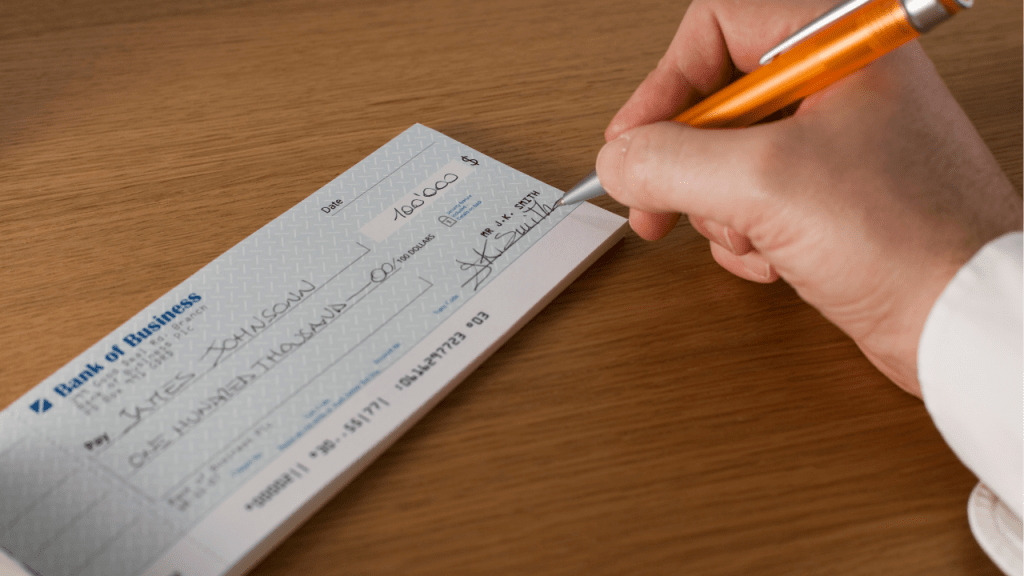In the complex world of banking, numbers aren’t just digits—they’re unique identifiers that keep the financial system functioning smoothly. One such vital identifier in the United States is the routing number. Whether you’re setting up direct deposits, making online bill payments, or transferring funds across banks, this nine-digit code plays an essential role.
This blog explains what a routing number is, how it works, and why it’s important to every banking transaction in the US.
In this Article
What is a Routing Number?
A routing number, also known as an ABA routing number, is a nine-digit code assigned to financial institutions in the United States by the American Bankers Association (ABA). It acts like a bank’s fingerprint—no two banks have the same one.
Just as your Social Security number uniquely identifies you, a routing number helps identify a specific bank in a financial transaction. This allows money to be sent to or from the correct institution without error.
How is a Routing Number Structured?
The nine digits of a routing number are not random. They’re divided into three parts:
- Federal Reserve Routing Symbol (First 4 digits)
- ABA Institution Identifier (Next 4 digits)
- Check Digit (Last digit, used to validate the number)
This format helps ensure accuracy and fraud prevention in every financial transaction.
Check Out: Wire Transfers vs Bank Transfers in the US: The Smarter Choice for Your Money
How to Find Your Routing Number?
You can locate your bank’s routing number in several ways:
- On Your Checkbook: It’s printed on the bottom left of a check.
- Bank Statement: Physical or digital statements usually contain it.
- Mobile App or Website: Most banks display routing numbers on their platforms.
- Call Customer Support: A quick phone call can confirm it.
- ABA Routing Number Lookup Tool: The official ABA site allows online lookup.
5 Powerful Reasons Why a Routing Number is Important
1. Enables ACH Transfers
Routing numbers are fundamental to Automated Clearing House (ACH) transactions, including direct deposits, payroll, and recurring utility payments. Without a routing number, ACH systems wouldn’t know where to deliver the money.
2. Ensures Secure Wire Transfers
For domestic and international wire transfers, routing numbers guide the funds to the correct financial institution. This prevents delays or misrouted funds and ensures fast, secure delivery.
3. Supports Online and Mobile Banking
When you make a transfer through a banking app or a digital wallet, the routing number authenticates your bank’s identity, allowing safe, real-time fund movement.
4. Establishes Financial Trust
A valid routing number means the bank is chartered and regulated, boosting confidence among customers and businesses in the legitimacy of the financial institution.
5. Differentiates Financial Institutions
In a sea of thousands of banks and credit unions, routing numbers help avoid confusion and ensure transactions are credited to the correct place—a must in today’s global financial ecosystem.
Understanding the routing number and its importance can help you manage your finances more confidently. Whether you’re setting up automatic payments or sending a wire transfer, this small but mighty nine-digit number ensures that your money ends up in the right place.
Banking is all about accuracy and trust—and the routing number is at the heart of both.
Also Check: Comprehensive Guide to NRI Banking in India
FAQs: Routing Number and Its Importance
Q1. How is a routing number different from an account number?
A routing number identifies the bank, while an account number identifies the individual customer’s account within that bank.
Q2. What if I use the wrong routing number?
If incorrect, your transaction may fail or be misdirected. Always verify before initiating a transfer.
Q3. Are routing numbers confidential?
No, routing numbers are public information and can be safely shared for bank transfers or setting up payments.
Q4. Can one bank have multiple routing numbers?
Yes, large banks often have different routing numbers depending on the state or type of transaction (ACH, wire, etc.).
Q5. Do routing numbers change?
They rarely change, but it’s possible if a bank merges or changes its service provider. Always check for the latest routing number before initiating large transactions.
